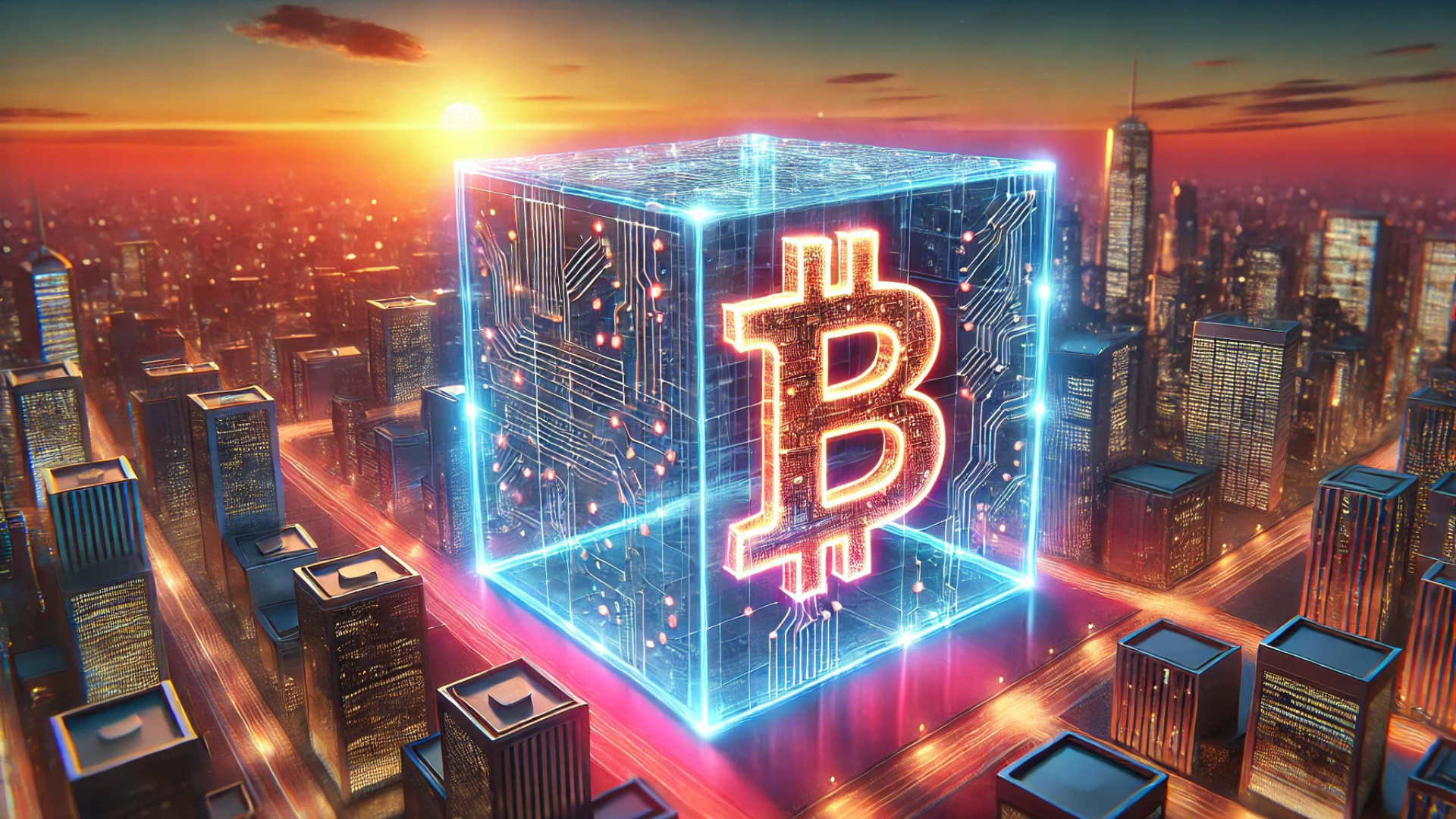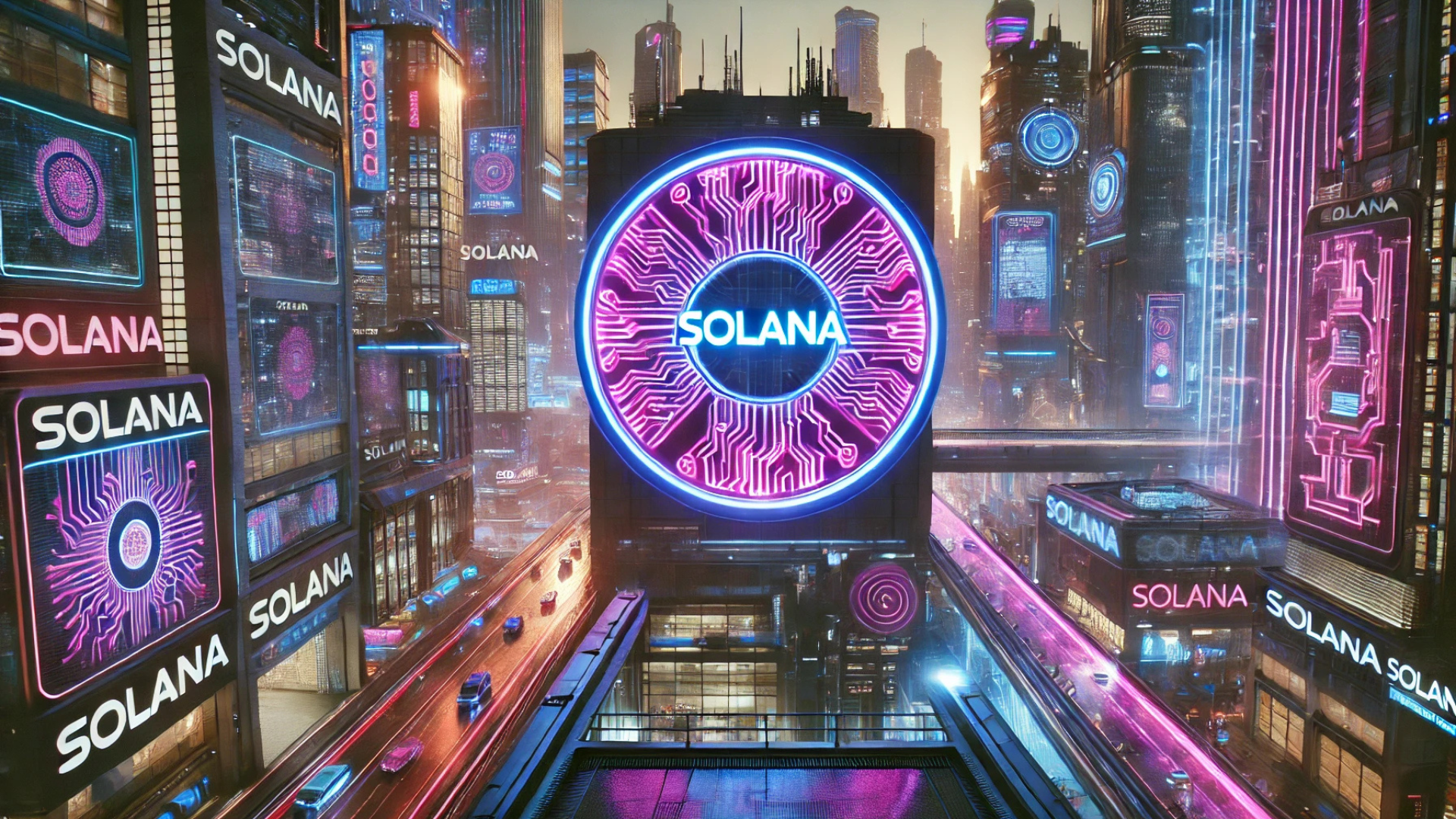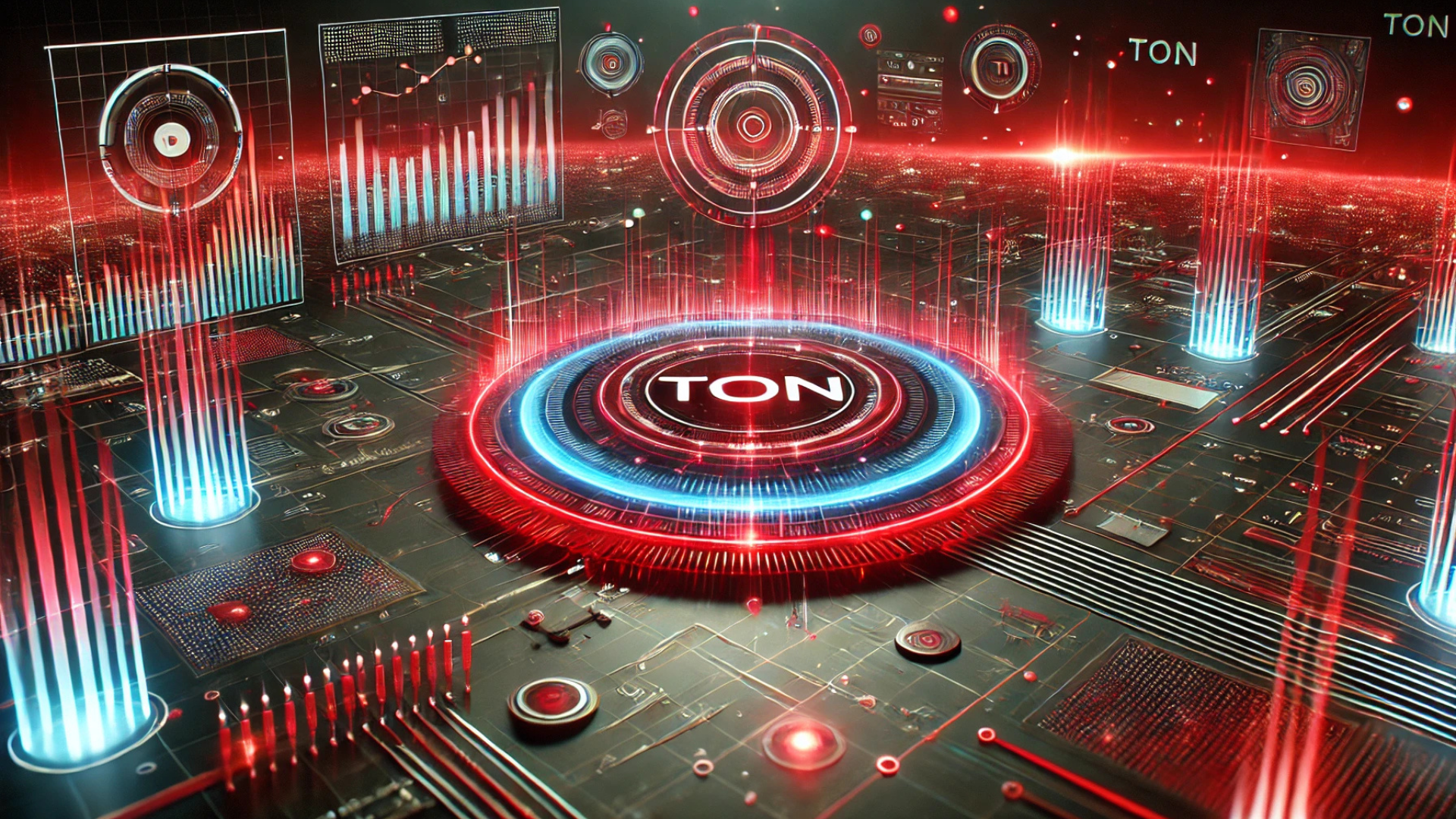
Neo, the pioneering smart contract platform often dubbed the “Ethereum of China,” has announced that it will permanently shut down its original Legacy blockchain by October 31, 2025. The move finalizes Neo’s multi-year transition to its more advanced platform, Neo N3, and marks the end of an era for one of the earliest smart contract ecosystems.
Legacy Chain to Cease Operations After Nearly a Decade
Launched in 2016, Neo Legacy has played a significant role in blockchain development, producing more than 14 million blocks, processing over 281 million transactions, and supporting nearly 3 million wallet addresses over its lifetime. However, as technological demands have evolved, Neo Legacy has gradually been phased out in favor of Neo N3, which officially launched in June 2021.
In an official announcement posted on April 29, the Neo team confirmed that both the Legacy testnet and mainnet will be systematically decommissioned:
- Testnet Shutdown: Scheduled for June 1, 2025.
- Mainnet Shutdown: Scheduled for October 31, 2025.
“After the shutdown, block production on Neo Legacy will come to a permanent halt. Users will no longer be able to transfer assets, migrate tokens to other networks, or deploy and develop smart contracts on the network. All core functionalities will cease,” the team warned.
Urgent Call to Action for Users and Developers
Neo has urged all users, developers, and exchanges to migrate their assets and smart contracts from the Legacy chain to Neo N3 before the final shutdown. A final network snapshot will be taken prior to the mainnet closure to preserve the historical state of the Legacy blockchain for archival purposes.
Failure to migrate before the deadline could result in permanent loss of tokens, NFTs, and deployed smart contracts.
Neo emphasized that it will work closely with partner exchanges and offer migration assistance through official portals and community support channels, including its Discord server.
Why the Transition to Neo N3?
Neo N3 represents a significant upgrade over its predecessor, offering enhanced scalability, improved governance models, lower transaction fees, and a more developer-friendly environment.
The migration is part of Neo’s broader vision to build a more efficient, scalable, and user-focused smart economy platform capable of supporting next-generation decentralized applications (dApps).
The decision to retire the Legacy chain was expected but nonetheless marks a historic milestone, closing the chapter on one of the blockchain industry’s early innovators.























































































































































































































































































































































































































































































































































































































































































































































































































































































































































































































































































































































































































































































































